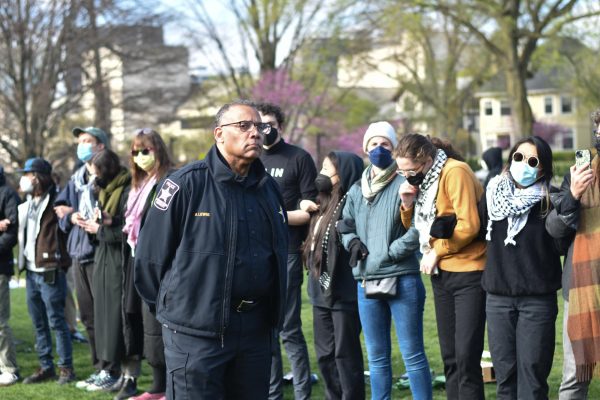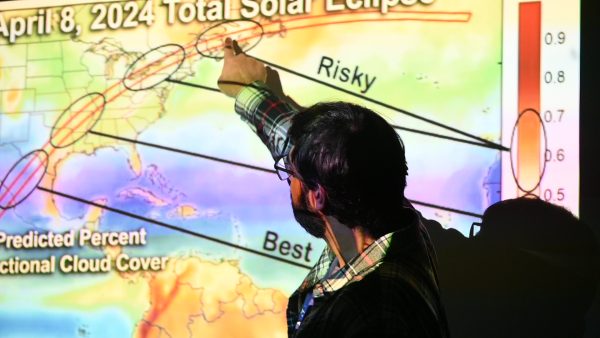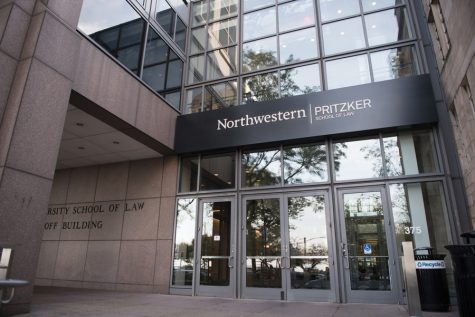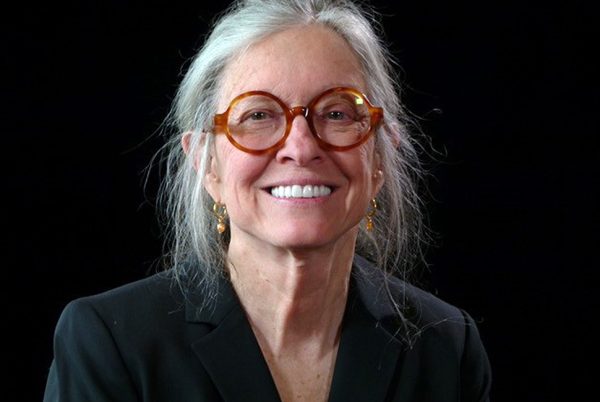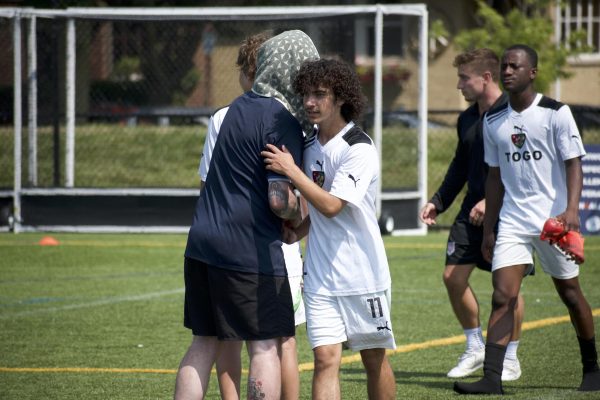ASG plans to reform funding policies and academically support quarantined students
Daily file illustration by Olivia Abeyta
This school year, Associated Student Government plans to reform its financial policies to ensure more equitable funding for student organizations.
This year, Associated Student Government leaders say they are planning to develop equitable funding for student groups and work toward allowing students to take exams while quarantined in 1835 Hinman Ave.
ASG President and Weinberg senior Jason Hegelmeyer said the organization is working to distribute money to maximize the number of NU organizations receiving funding from the Student Activities Finance Committee.
“We’re trying to figure out the next fall funding cycle to make sure we can prioritize affinity groups and marginalized student organizations,” Hegelmeyer said.
ASG currently funds student activities using a six-tier system in which organizations are eligible for funding increases on a percentage basis each academic year. Tier 1 allows for student organizations to request more than $10,000 for events, whereas Tier 6, designated for previously unfunded events, is capped at $300.
Hegelmeyer said he is working with the committee to ensure organizations like A&O Productions and Mayfest Productions aren’t the only groups receiving large amounts of funding, while groups like For Members Only receive much less. A&O and Mayfest are set to receive $447,940.55 and $354,440 from SAFC for the 2022-23 academic year, respectively, while FMO is set to receive $50,470.
“A lot of people, including myself, are trying to demystify the funding cycle and make sure people understand how it works, the history behind it and why it really isn’t fair for all organizations,” Hegelmeyer said.
[Read The Daily’s investigation into ASG finance regulations.]
ASG Vice President and SESP junior Donovan Cusick said in the future, SAFC may consider different rules for cultural or identity-based groups regarding funding that would otherwise be limited by the current regulations. He said the funding system typically privileges organizations that have been funded for multiple cycles, as opposed to newly established groups.
ASG is also hoping to help students not fall behind academically if they are quarantined with COVID-19, Hegelmeyer and Cusick said.
“What students have really struggled with these past two years is having to drop (their) tests or exams because they are in Hinman,” Cusick said. “It’s incredibly restrictive and can ruin their quarter.”
Cusick said NU is planning a policy that would allow quarantined students in 1835 Hinman to take exams with an in-person proctor available. He said communication with the University administration throughout the implementation process will be important to the initiative’s success.
Within the Senate, Speaker of the Senate and Weinberg junior Dylan Jost said he wants to increase camaraderie between senators and establish more equitable Senate practices. He said he also plans to encourage more engagement between senators and the students they represent.
Jost said one of his goals is to hold Senate meetings in-person this year except in extreme circumstances.
“When I’ve spoken to fellow members of ASG, they feel whenever we’ve had Senate meetings in-person, people feel more willing to share,” Jost said. “A lot more gets done.”
This year, Jost said, he also wants to ensure Senate procedures allow for freedom of speech. He said the January removal of Robert’s Rules of Order, a parliamentary procedure created in 1876 designed to bring order to group meetings, was a step in the right direction.
“(Robert’s Rules of Order) tend to have a history of stemming the voices of BIPOC individuals, minority voices and groups that are traditionally underrepresented,” Jost said.
Jost said he has been unable to meet recently instated University President Michael Schill, but wishes to have more members of the administration speak at Senate meetings, as well as Evanston officials such as Mayor Daniel Biss.
Earlier this month, Hegelmeyer and Cusick met with Schill. Hegelmeyer said Schill is willing to work and communicate with ASG.
“It’s something we are really looking forward to in terms of transparency and holding (the) administration accountable for the stuff that we’ve been working on this year,” Hegelmeyer said.
Email: [email protected]
Twitter: @PavanAcharya02
Related Stories:
— In Focus: Student groups, open-access documents reveal inconsistencies with ASG finance regulations
— The Daily Explains: How does ASG pass legislation?
— ASG moves forward with diversity and accessibility initiatives this fall


